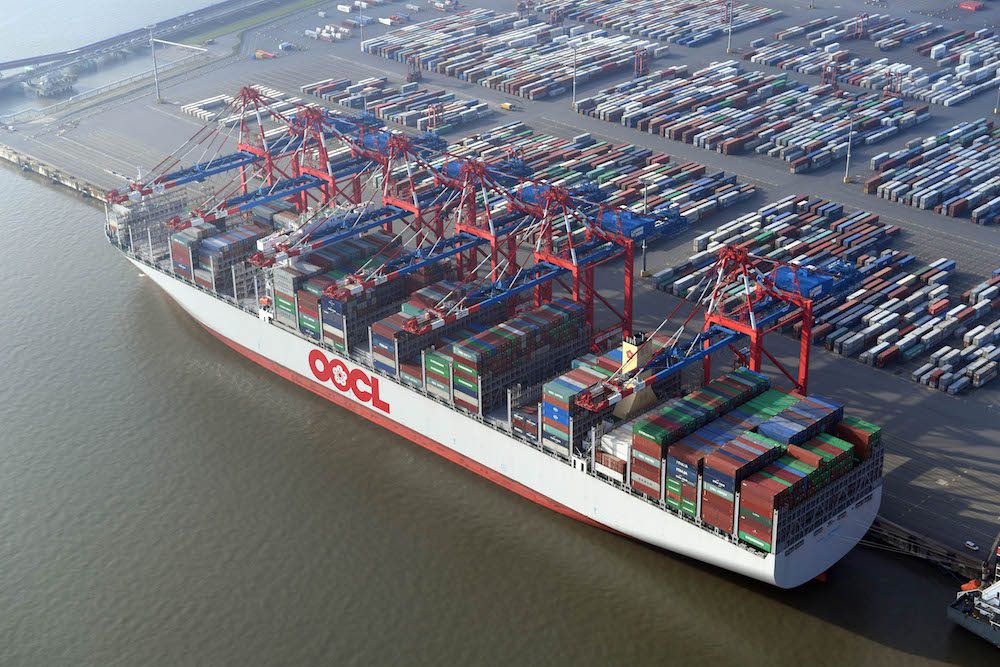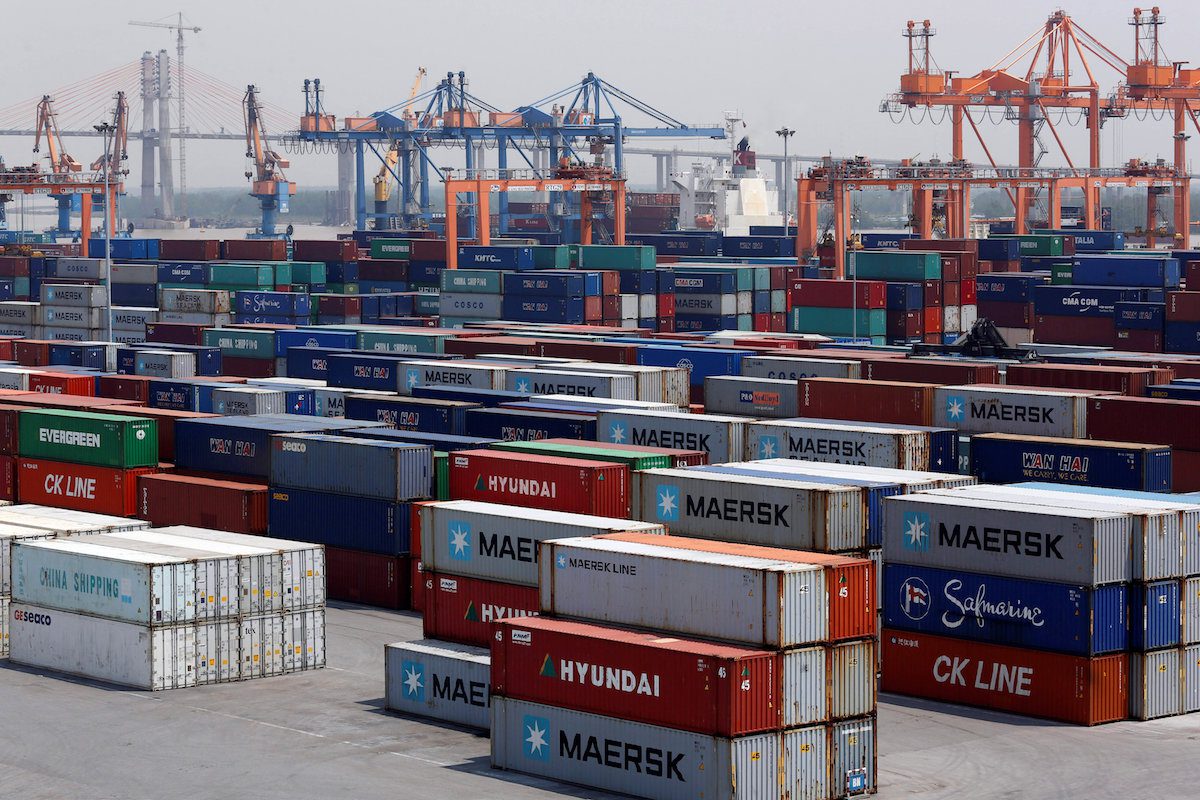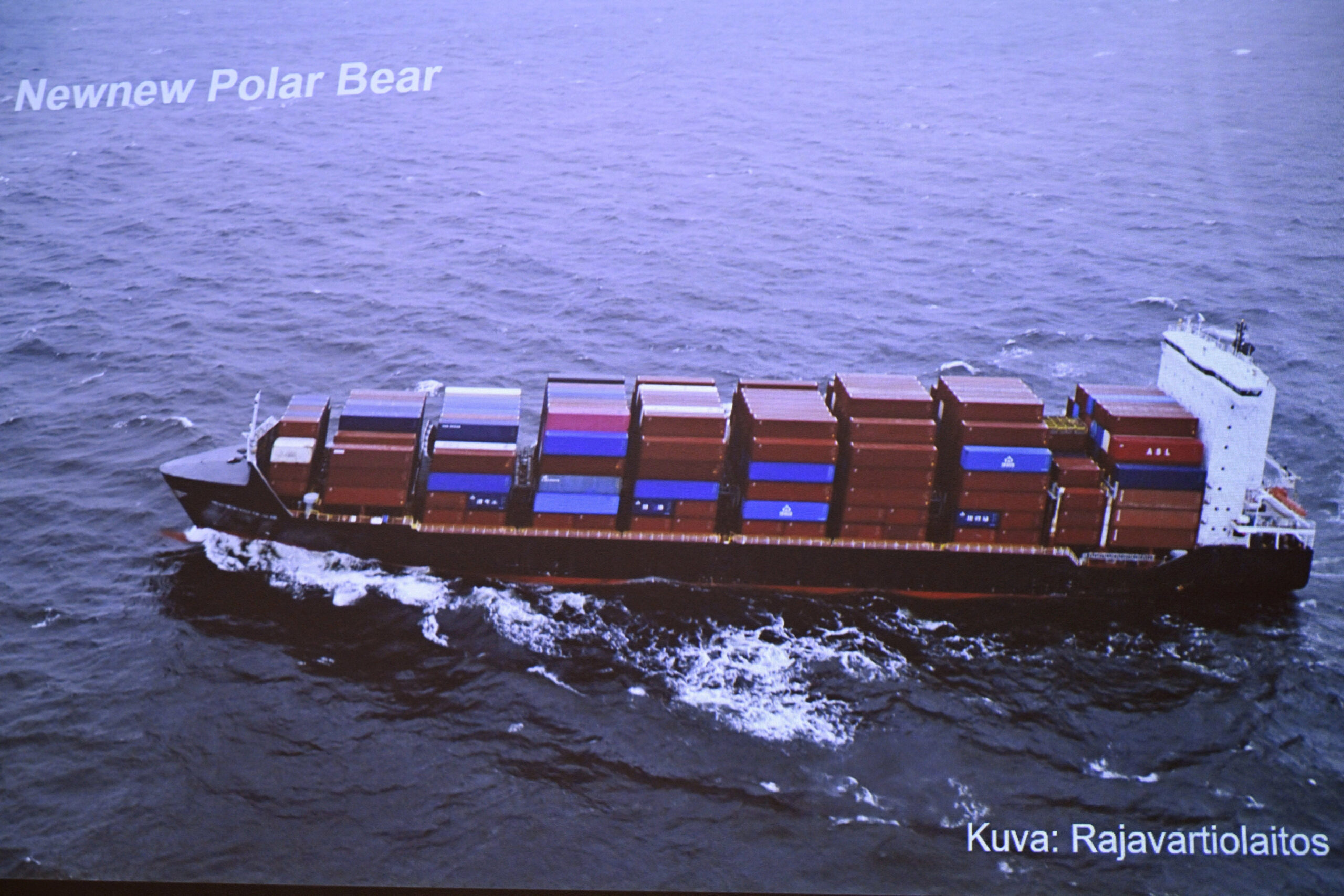By Mike Wackett (The Loadstar) –
Orient Overseas (International) (OOIL), parent company of OOCL, has posted a net profit of $2.8bn for the half-year – far and away the best interim result in the group’s 52-year history.
The Cosco-subsidiary’s turnover more than doubled, compared with the same period of 2020, to just under $7bn, with revenue from OOCL’s liner services soaring 108%, to $6.5bn.
Meanwhile, OOCL Logistics saw a 15% increase in its revenue, despite what OOIL described as “fierce competition” in the forwarding sector.
OOCL’s liftings increased by 19.5% on H1 20, reflecting the demand slump from Covid lockdowns, to 3,926,837 teu, for an average rate of $1,652 per teu, 74% higher than the year before.
OOIL said the outlook for its liner arm for the remainder of 2021 and the early part of 2022 “seems promising”, but beyond that “is simply impossible to predict”.
“Demand in key importing economies has been considerably stronger than forecast, especially on transpacific routes,” said OOIL. “We have worked hard to inject additional capacity into key routes on our network in order to provide further space for our customers, and we continue to do so.”
Indeed, OOCL’s carryings on the transpacific were up 17.2%, to 1,103,541 teu, and although the comparison is skewed by the pandemic outbreak, quarter-on-quarter it still recorded an uplift of 9.9%, to 540,070 teu on the route.
OOCL’s biggest region, and showing the largest quarter-on-quarter volume rise of 20.5% to 874,927 teu, were its intra-Asia/Australasia services.
Nevertheless, OOIL said that despite its efforts to increase capacity, “numerous operational challenges” and “stronger-than-expected demand” had created a “severe imbalance” in supply and demand. But it conceded that OOCL’s business had benefited significantly from the supply chain disruptions.
“These market forces have put upward pressure on freight rates on most tradelanes, and it is these market forces, in addition to our usual careful attention to cost control, that have driven the strong profitability achieved during the period,” it said.
Hong Kong-headquartered OOIL was acquired by China’s state-owned Cosco in a $6.3bn deal in 2018 and OOIL said it had “continued to benefit” from synergies within the group.
“We were able to obtain additional space to offer customers by taking extra slots on Cosco services, including extra loaders, and we have suffered fewer problems of box availability than most liner companies, thanks to our shared container box fleet and the power of our joint procurement programmes,” it claimed.
The combined Cosco/OOCL fleet stands at 492 ships, for a capacity of 2,982,000 teu, ranking it the fourth-largest carrier, having just slipped back below CMA CGM due to the French carrier’s aggressive tonnage-purchasing activity over the past year.
And the Cosco/OOCL orderbook stands at 45 ships, for 541,000 teu, of which a dozen 23,000 teu ULCVs are stemmed for delivery to OOCL starting in 2023.
The Loadstar is known at the highest levels of logistics and supply chain management as one of the best sources of influential analysis and commentary.

 Join The Club
Join The Club











